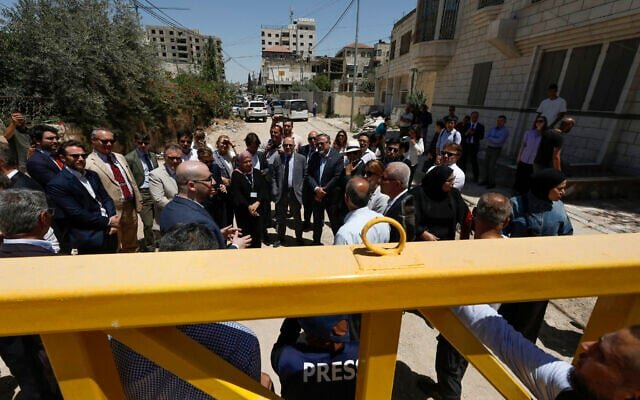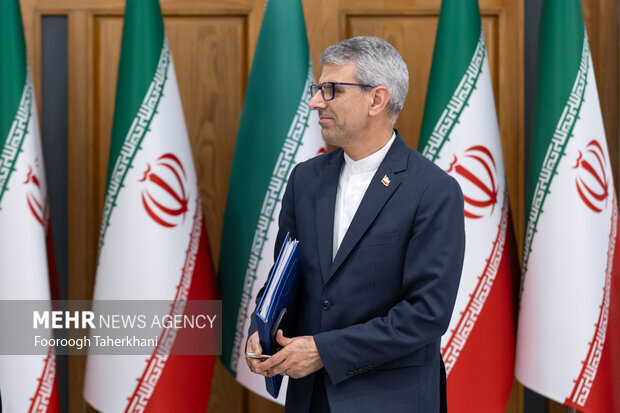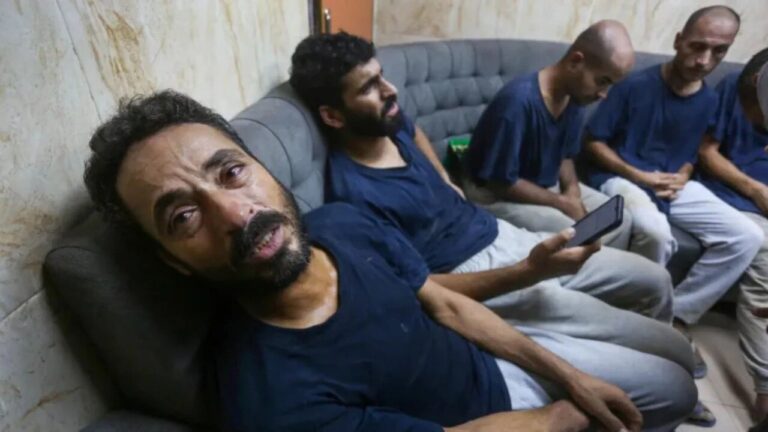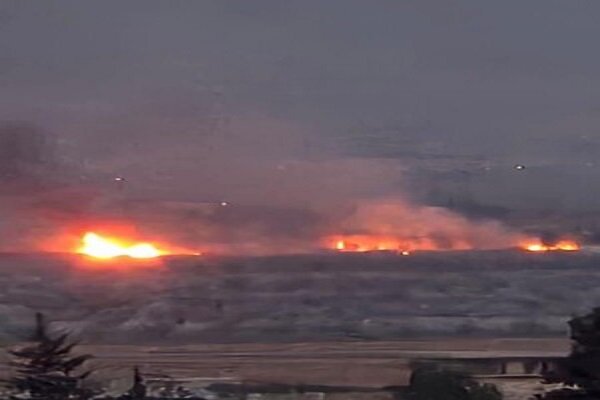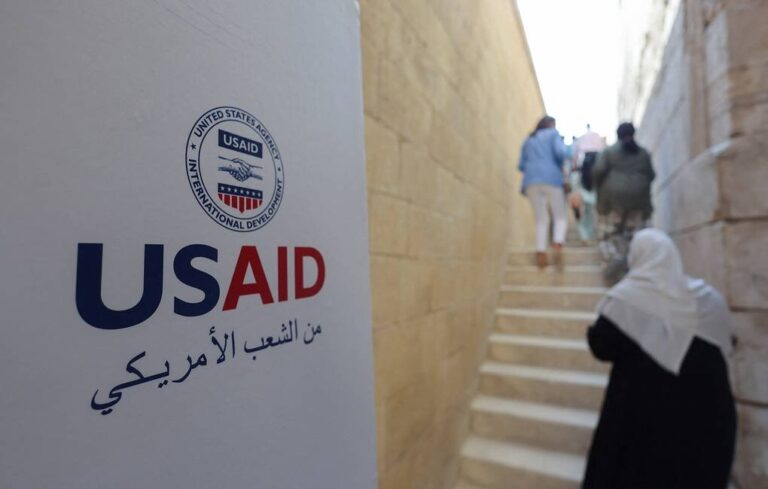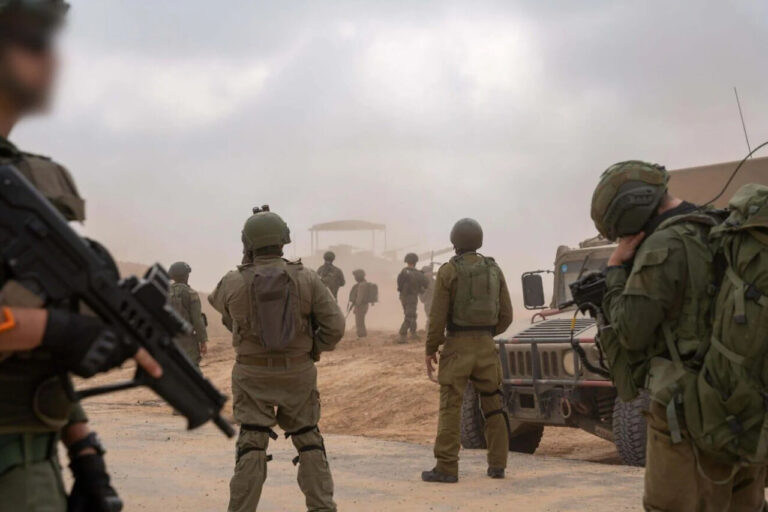International Outrage: Israel Strikes at Diplomats in Jenin, EU Issues Strong Condemnation
In a troubling incident that underscores the ongoing tensions in the region, Israeli forces opened fire near a convoy of foreign diplomats at the entrance of the Jenin refugee camp in the occupied West Bank this past Tuesday. This event has prompted widespread condemnation and urgent calls for accountability from the international community.
According to Ahmed al-Deek, an aide to the Palestinian foreign minister, the Israeli military fired warning shots aimed at intimidating the diplomatic delegation and deterring them from entering the camp, which has been under siege since January 21. The situation highlights the precarious nature of diplomatic missions in conflict zones and the need for robust protections for foreign envoys.
The diplomatic convoy included 35 ambassadors and representatives from various countries, such as Egypt, Jordan, China, the European Union, Russia, France, and the United Kingdom. This visit to Jenin was organized by the Palestinian Foreign Ministry following a similar diplomatic tour of Tulkarem the previous week. The delegation aimed to gain first-hand insight into the ongoing Israeli military operations in the region.
In the aftermath of the incident, Kaja Kallas, the European Union’s foreign policy chief, expressed her outrage, demanding that Israel conduct a thorough investigation and ensure accountability. She stated, “Any threats on diplomats’ lives are unacceptable,” emphasizing Israel’s obligations under the Vienna Convention to protect foreign envoys. This sentiment was echoed by a Western diplomat who referred to the incident as a serious incident, rejecting the Israeli military’s apology that attempted to downplay the event as merely an “inconvenience.”
The Palestinian resistance movement, Hamas, also condemned the incident, labeling it a “manifestation of the occupying regime’s arrogance” and a blatant violation of international law. In their statement, Hamas warned that Israel’s ongoing assaults on Jenin, Tulkarem, and Nablus are indicative of a broader strategy to annex Palestinian land and displace its people. Despite these challenges, they asserted that the steadfast resistance would ultimately prevail against these oppressive actions.
This incident raises critical questions about the safety of diplomats in regions of conflict and the responsibilities of occupying forces under international law. Below are some key points to consider:
- International Obligations: Countries must adhere to international conventions that protect foreign diplomats, ensuring their safety during visits to conflict areas.
- Impact on Diplomacy: Such incidents can hinder diplomatic efforts and exacerbate tensions between nations involved in conflicts.
- Calls for Accountability: The international community must hold accountable those responsible for actions that endanger diplomats and violate international norms.
- Broader Implications: The ongoing military operations in areas like Jenin and Tulkarem have significant implications for regional stability and peace efforts.
The incident has ignited discussions about the broader context of Israeli military operations in the West Bank, particularly how these actions affect Palestinian communities and international diplomatic relations. As the situation develops, the world watches closely, hoping for a resolution that respects the rights and safety of all individuals involved.
In conclusion, the firing of warning shots by Israeli forces at the convoy of foreign diplomats in Jenin is not merely an isolated event; it reflects the larger tensions and complexities of the Israeli-Palestinian conflict. With international leaders calling for accountability and a reassessment of diplomatic safety, it is clear that the ramifications of this incident will be felt far beyond the immediate area.
